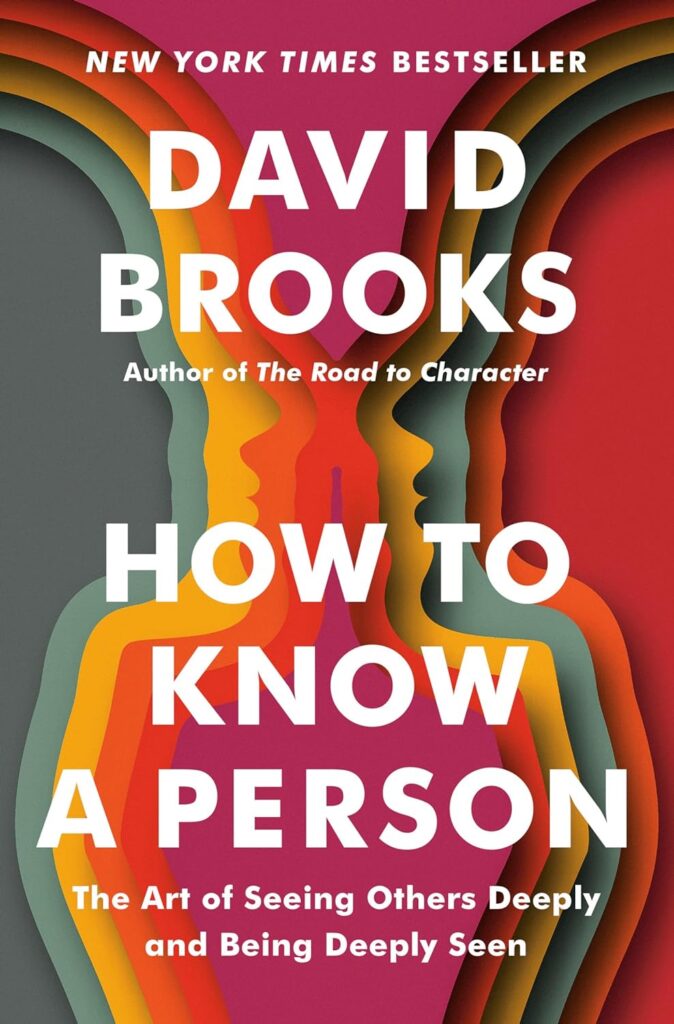Guest opinion: Staying at home and practicing social distancing protects people like me

Submitted by Claire Richmond

Now, as the media tracks coronavirus on the move, public policy measures are in place to help flatten the curve. And I’m enjoying a degree of relief that comes with knowing precautions are in place to slow the spread and protect at-risk populations — people like me.
I fall into this high-risk category because I have an ultra-rare inherited metabolic disorder called acute hepatic porphyria. Simply living with this chronic illness doesn’t make me more susceptible to a virus. What puts me at high risk is the devastating consequences if and when I contract it.
I am a public health professional by training, so when I was diagnosed I was already all too familiar with methods to limit the spread of disease. Now, I am extra careful. Day in and day out, I live those CDC hand-washing and disinfecting guidelines to protect myself and others. Every week I receive an intravenous medication that helps keep my body stable. I spend my Mondays among others at high risk — chemo patients at my hospital’s infusion center, which is why I’m the first to don a mask if I have a runny nose or sore throat.
When I was diagnosed with porphyria three years ago, I was experiencing the paralysis and organ failure of a life-threatening porphyria attack. I learned right away that there are triggers I can avoid to help me stay healthy and in control of my genetic condition. Variables such as diet, specific classes of medications and stress can lead to flares of severe symptoms, but are more or less in my control. Viruses, on the other hand, are wild cards.
Last February, I got the flu for the first time in a decade and it put me in the emergency room. Not only did the stress put on my immune system throw me for a loop, but the virus provoked a series of severe porphyria symptoms, such as nausea and vomiting that prevented me from eating and drinking, and produced incapacitating nerve pain I couldn’t manage at home. Once recovered from the virus itself, my body was so worn out that it took me months to gain back my stamina.
Some of you healthy, able-bodied people who may experience the mild symptoms associated with COVID-19 are making light of social distancing. And I get it. So if you’re able to be at home flattening the curve, know that you have friends and neighbors just like me, with invisible conditions that put us at high risk. And we are grateful for your efforts.
Each morning, Claire makes a choice to harness joy, despite navigating day-to-day challenges of acute hepatic porphyria. She believes in speaking her truth to generate hope and builds connections to enhance advocacy efforts for positive change. She is a creator, a community builder and a porphyria advocate. She serves on the Young Advisory Council of UnityPoint Health Des Moines, volunteers with the American Porphyria Foundation and co-founded This Porphyria Life, an online porphyria community for patients and those who love them. Connect and learn more at www.daringlyclaire.com.
Photo courtesy of Ivory House Photography







